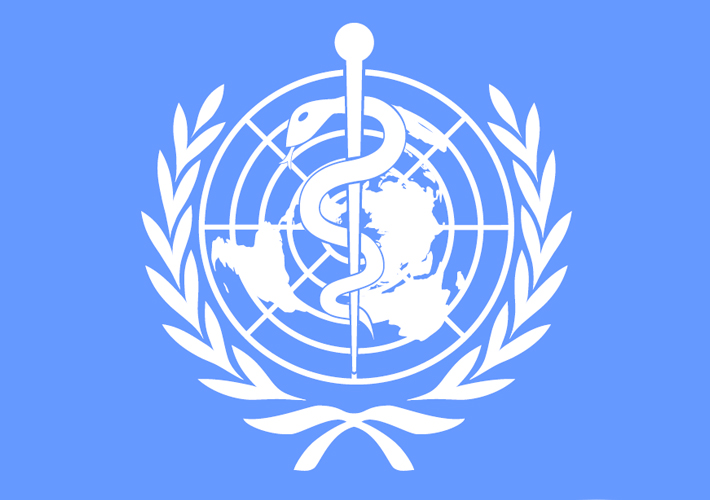
25% of Indians face risk of premature death from non-communicable diseases, says WHO
In 2015, the number of premature deaths from diabetes, lung diseases, heart ailments and cancer has increased to 70 percent of all global deaths compared to 42 percent in 2012. As per WHO’s most recent assessment of non-communicable diseases, this poses a huge threat to the sustainable developments of nations.
As for India, one in four persons face the risk of dying from NCDs before they reach 70-thereby becoming the largest cause of death.
The WHO report points out the need for intensifying national action so that India can meet global targets which governments have agreed upon to protect citizens from NCDs. As of now, diabetes, heart diseases and cancer cause 55 percent of premature deaths in India among those in age group 30 to 69.
The health ministry did introduce the National Programme for Prevention & Control of Cancer, Diabetes, Cardiovascular Diseases and Stroke in 2008. In 2010, 100 distrcist benefited from the program in 2010 and it is currently approved in more than 500 districts. More than 300 districts have got dedicated NCD clinics under the program while 80 to 95 cardiac clinics were started. The country is also the first to have developed national targets and indicators to bring down the number of premature deaths from NCDs by 25 per cent by 2025.
Dr.Oleg Chestnov, assistant director-general at WHO said that many nations including some of the poorest are showing that it’s feasible to reduce premature deaths from NCDs. He added that the progress is insufficient particularly in low and middle-income countries.
The World Health organization has recognized India’s efforts in controlling such diseases. However, the agency says that nations like China and India have to increase the efforts to meet their global commitments. WHO also attracted attention to the importance of regulating trade and marketing of potentially harmful products like certain beverages and packaged food.